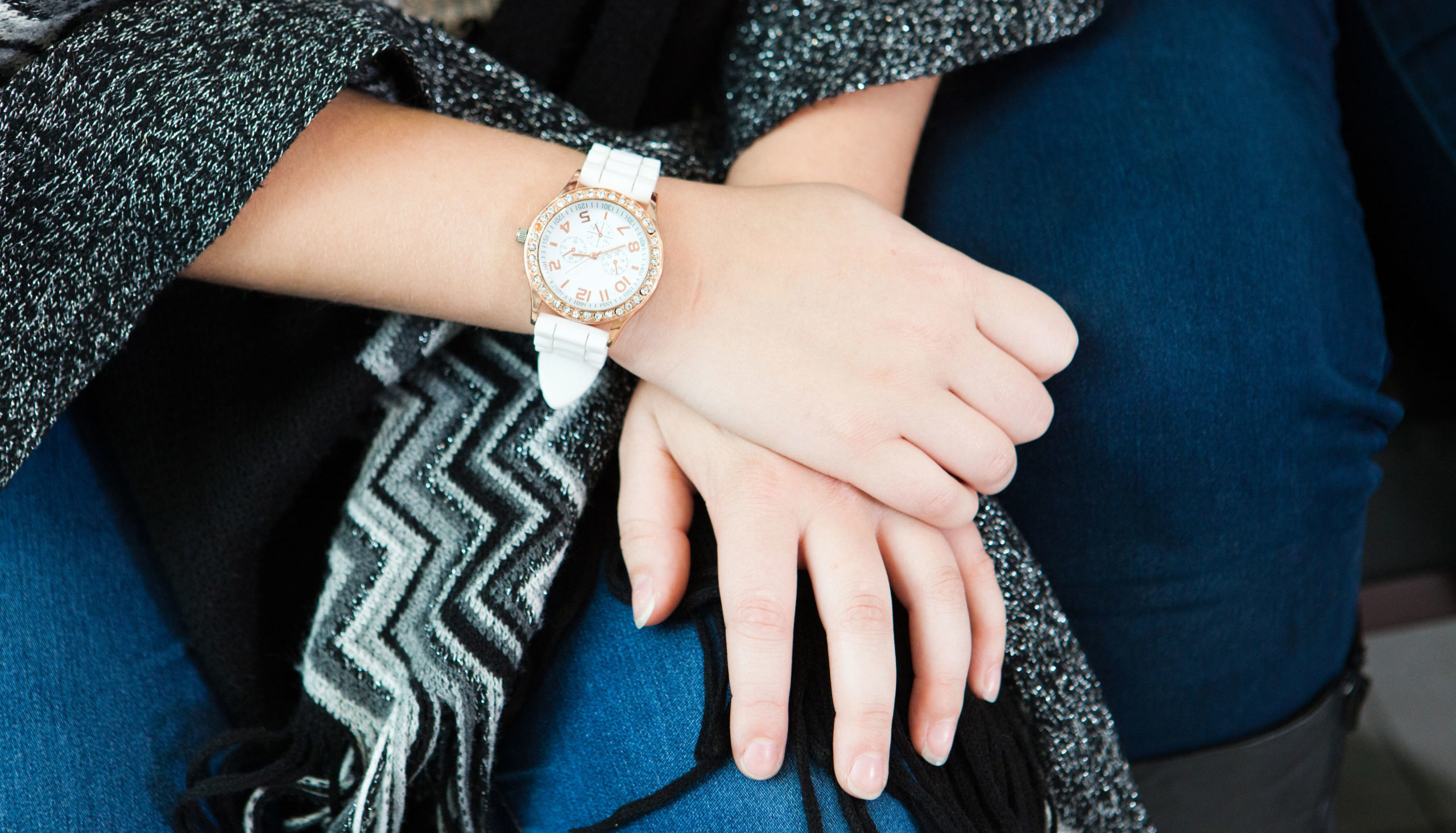By: Summer Orban
Answer: Yes and no.
“What are you going to do to practice self-care today?” My therapist Ana asked me last week during one of our sessions.
“Listen to music…” I started, “and light a candle?”
My parents came home shortly after our session, and listening to music and lighting a candle became the furthest of my priorities.
Ana isn’t a Christian, so I didn’t expect her to fully understand how awkward “self-care” is for me, and probably to some degree you as well. I just can’t apply a face mask or whip up a chocolate mug cake without thinking of civil unrest between Israel and Palestine or, I don’t know, a worldwide pandemic.
Does this mean self-care is innately selfish? Well, depending on the context, the answer is yes and no.
In the Bible when the Pharisees asked Jesus what the most important commandment, He responded, “‘Love the Lord your God with all your heart and with all your soul and with all your mind and with all your strength.’ The second is this: ‘Love your neighbor as yourself.’ There is no commandment greater than these” (Mark 12:30-31 NIV).
This verse shows that our relationship with God is not exclusively between us and God, but also includes our community and neighbors too. We can’t love our neighbors as we love ourselves if we’re constantly feeling guilty for loving and taking care of ourselves.
However, this doesn’t mean self-care is equivalent to self-indulgence like western culture wants us to normalize. As it’s written in Scripture, “Do not conform to the pattern of this world, but be transformed by the renewing of your mind. Then you will be able to test and approve what God’s will is – His good, pleasing and perfect will” (Romans 12:2 NIV).
Western culture often perverts the concept of self-care to the extreme end of indulgence: If it feels good in the moment, it doesn’t matter if it’s superficial or potentially more stressful, treat yourself. Eating what your body craves instead of what it nutritionally craves or splurging on online shopping with a credit card because of a post you saw on Instagram are common “self-care” tips that actually cause even more harm in the long run than good.
On the other extreme end, when we deprive ourselves of care, rest or even just a break, this can lead to burnout or even depression and anxiety which can begin to weigh heavily on us because we chose to carry the burdens Christ died for. I know from personal experience that the more addicted to work I become, I find myself more bitter and angry towards others and with myself. Unfortunately, these consequences have cost me a sense of joy or peace in my life and have even affected many friendships over the years.
At the end of the day, if you just want to fix a sweet snack or listen to your favorite podcast to relax and unwind, then in moderation by all means. Just don’t expect these temporary things to fix all your problems, because impulsive and short-term desires are merely band-aid solutions at worst and rewards at best.
While organizing your clothes, spending time on a passion project, or starting your morning with a Bible plan might sound tedious, these activities actually create healthy and sustainable habits in your everyday life. What real, guilt-free self-care looks like according to God is putting in the extra work to refresh and renew your body, mind, and soul so you improve your wellness and better understand His will.














